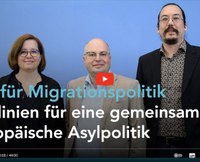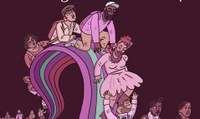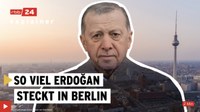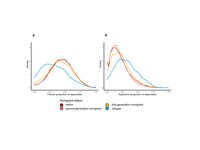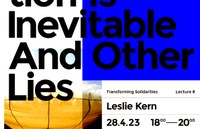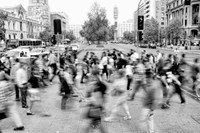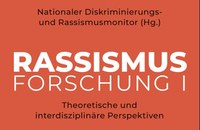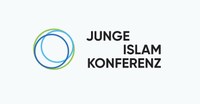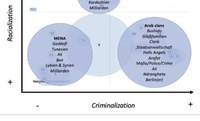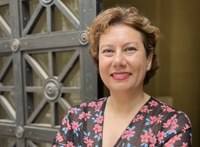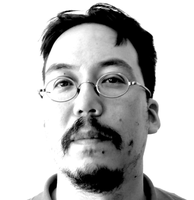Healthcare Access Crisis in Lebanon - Online-ZOOM - A MERGE discussion in cooperation with TRANSMIT
Tuesday 25 July 2023
16:00-18:00 (CEST)
The healthcare system in Lebanon has received widespread criticism for its exorbitant expenses, exclusivity, and privatization. Regrettably, the ongoing crisis in the country has further exacerbated the issue of healthcare accessibility. A scarcity of healthcare staff, coupled with the exorbitant costs of healthcare and medication, has rendered essential healthcare services unaffordable for many individuals in Lebanon. Our TRANSMIT research project has amassed survey data on the healthcare availability and well-being of both Lebanese host communities and Syrians. Our recent data brief provides compelling evidence of the severity of the healthcare and medication crisis in Lebanon and its impact on both communities. Our goal is to share these findings with our panellists to facilitate discussions on the healthcare access crisis. We aim to provide an empirical basis for examining the current situation and future prospects, particularly for those who are most affected.
THE EVENT WILL BE ONLINE (ZOOM) - PLEASE WRITE TO DR. NADER TALEBI TO RECEIVE THE LINK (talebina@hu-berlin.de).
PANELISTS:
Yara Mourad
is the Assistant Director of the Issam Fares Institute for Public Policy and International Affairs at the American University of Beirut. At the Institute, she is also the Program Manager of the Refugee Research and Policy Program, where she manages various research initiatives and collaborations on refugee issues in Lebanon and the Arab region, much of which have been translated into informed public-policy decision-making. She holds a Master of Public Health from AUB.
Rosalie Berthier
is a co-founder of the Beirut-based research center, Synaps. She manages Synaps' work on Lebanon and personally investigates the economy from a people's perspective. In 2017, she published an article on the fragility of the banking system, 18 months before the start of the financial crisis. Her most recent work looks at the Lebanese model through the lens of the rent economy. She highlights how this model serves private interests at the expense of people's access to basic services, including health, education or sanitation.
Simon Ruhnke
is a post-doctoral Researcher at the Berlin Institute for Empirical Migration and Integration Research (BIM) of the Humboldt University of Berlin where he coordinates the project "Transnational Perspectives on Migration and Integration (TRANSMIT)." He received is PhD in Economics from the University of Utah in 2021 for his work on the health and healthcare access of undocumented immigrants in the U.S. His research focuses on the intersection of migration and health, as well as determinants of (im)mobility and immigrant self-selection.
The panel will be moderated by Nader Talebi (MERGE).

